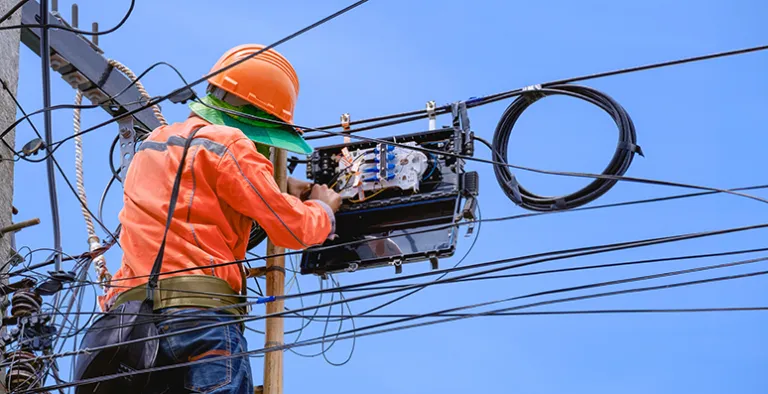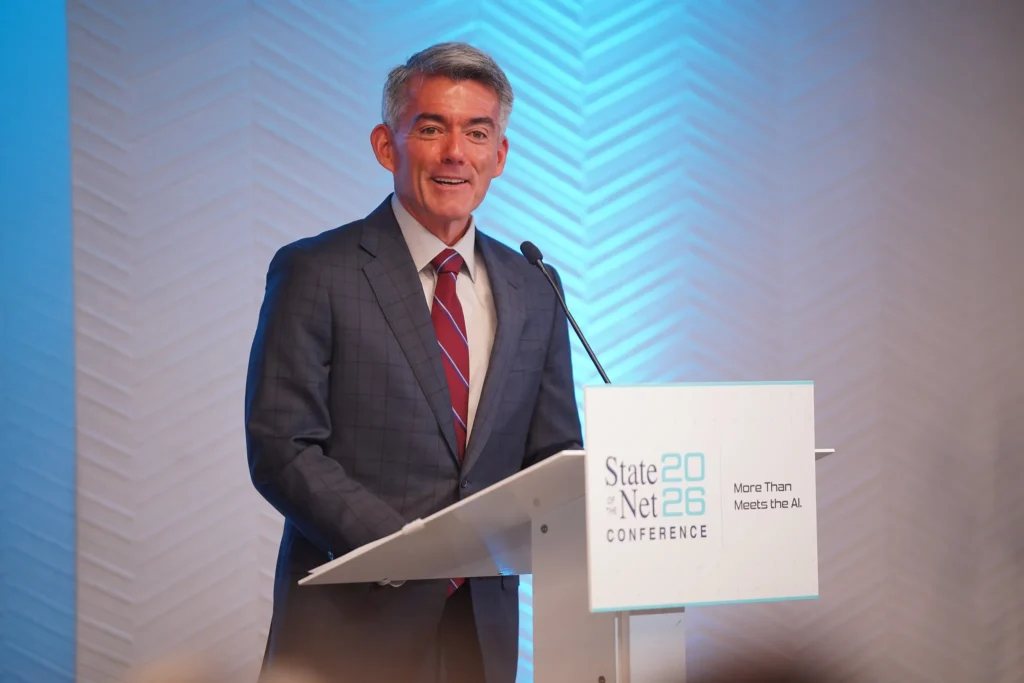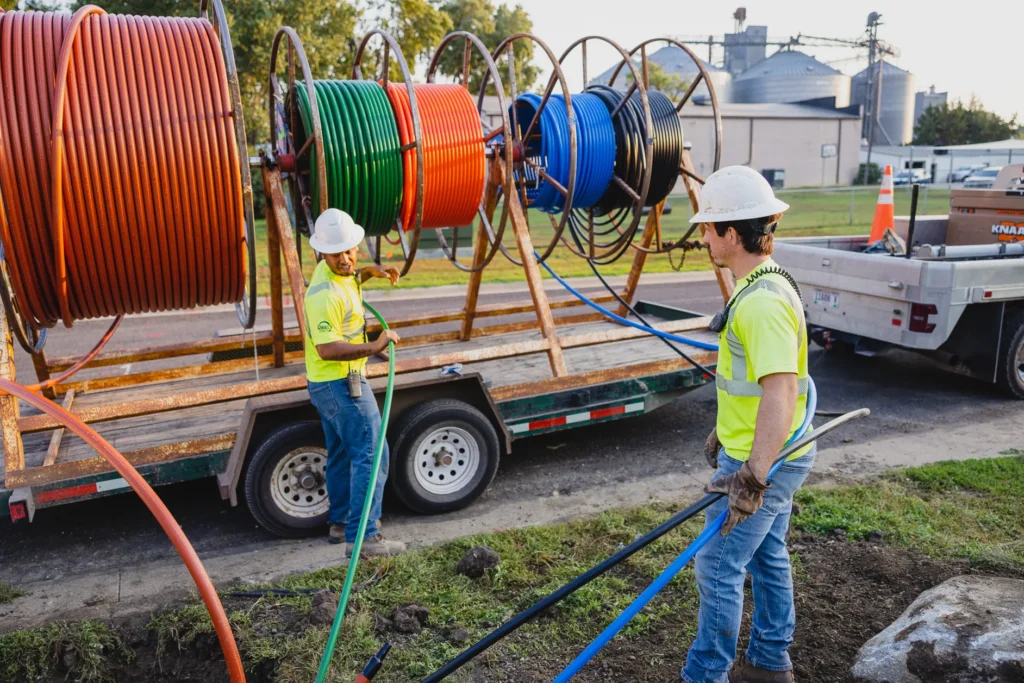A wave of coordinated attacks targeting the nation’s communications infrastructure is putting public safety and economic security at serious risk. In response, four leading telecom trade associations have sent a powerful letter to the Department of Homeland Security and the FBI, calling for urgent federal action — and asking Congress to pass critical legislation: the Stopping the Theft and Destruction of Broadband Act of 2025 (H.R. 2784).
The letter, signed by NCTA – The Internet & Television Association, ACA Connects, NTCA – The Rural Broadband Association, and USTelecom – The Broadband Association, warns of a “significant and rapidly growing threat” to the communications networks that underpin everything from emergency services and hospitals to financial systems and transportation. These networks, they stress, are not just tools of convenience—they are essential lifelines.
“Our networks serve as lifelines that must be defended as vigilantly as power grids, water supplies, and transportation hubs,” the letter states.
A Surge in Attacks—and Rising Consequences
According to industry data, there were at least 5,700 reported incidents of theft or vandalism against communications infrastructure in just the last seven months of 2024. These attacks disrupted internet service for over 1.5 million Americans and caused millions of dollars in damages.
This isn’t simple copper theft for scrap. The tactics are becoming more aggressive and more dangerous, with attackers intentionally disabling emergency call centers, taking down first responder networks, and even severing military communications lines. These aren’t just crimes—they’re threats to national security.
“These attacks demonstrate increasing sophistication, coordination and intent to disrupt services with potential economic and societal consequences,” the associations wrote.
Closing a Dangerous Legal Gap
A major problem is a legal loophole. Current federal law only explicitly criminalizes attacks on government-owned communications systems. Privately operated networks—which carry the vast majority of consumer internet traffic and serve as the backbone of 911, hospital, and financial systems—fall into a gray area.
To address this, the telecom industry is pushing for Congress to pass H.R. 2784, the Stopping the Theft and Destruction of Broadband Act of 2025, sponsored by Rep. Laurel Lee (R-FL) and Rep. Marc Veasey (D-TX). The bill would amend Title 18 of the U.S. Code to ensure that attacks on public and private networks are treated equally and carry appropriate federal penalties.
Without such protections, the systems we rely on in times of crisis—dispatch centers, emergency alerts, health data, and more—remain alarmingly vulnerable.
Why Communications Networks Matter
Communications networks are more than just pipes for internet and phone traffic. They are the digital nervous system of modern society. When these networks go down, the ripple effects are immediate and severe:
- 911 call centers go dark.
- Hospitals lose access to electronic medical records.
- Air traffic and logistics systems fail.
- Banking transactions are halted.
- First responders can’t reach dispatch or coordinate on the ground.
In short, communications infrastructure is not just critical—it’s indispensable. Protecting it must be a top national priority.
A Call for Urgent Federal Action
In addition to legislative support, the associations urge federal law enforcement to increase intelligence sharing, treat coordinated attacks as potential domestic terrorism where appropriate, and allocate more resources to high-incident regions.
The letter expresses gratitude for past collaboration but makes clear that the scale and frequency of attacks now demand more robust and coordinated action.
The Bottom Line
The telecom industry is stepping up and asking federal leaders to match its commitment. H.R. 2784 is a smart, targeted fix that would help law enforcement hold attackers accountable, deter future incidents, and protect the essential digital lifelines Americans depend on every day.
It’s time for Congress to act—and for the public and policymakers alike to understand that communications networks aren’t just infrastructure. They’re the foundation of safety, connection, and national security in the 21st century.









